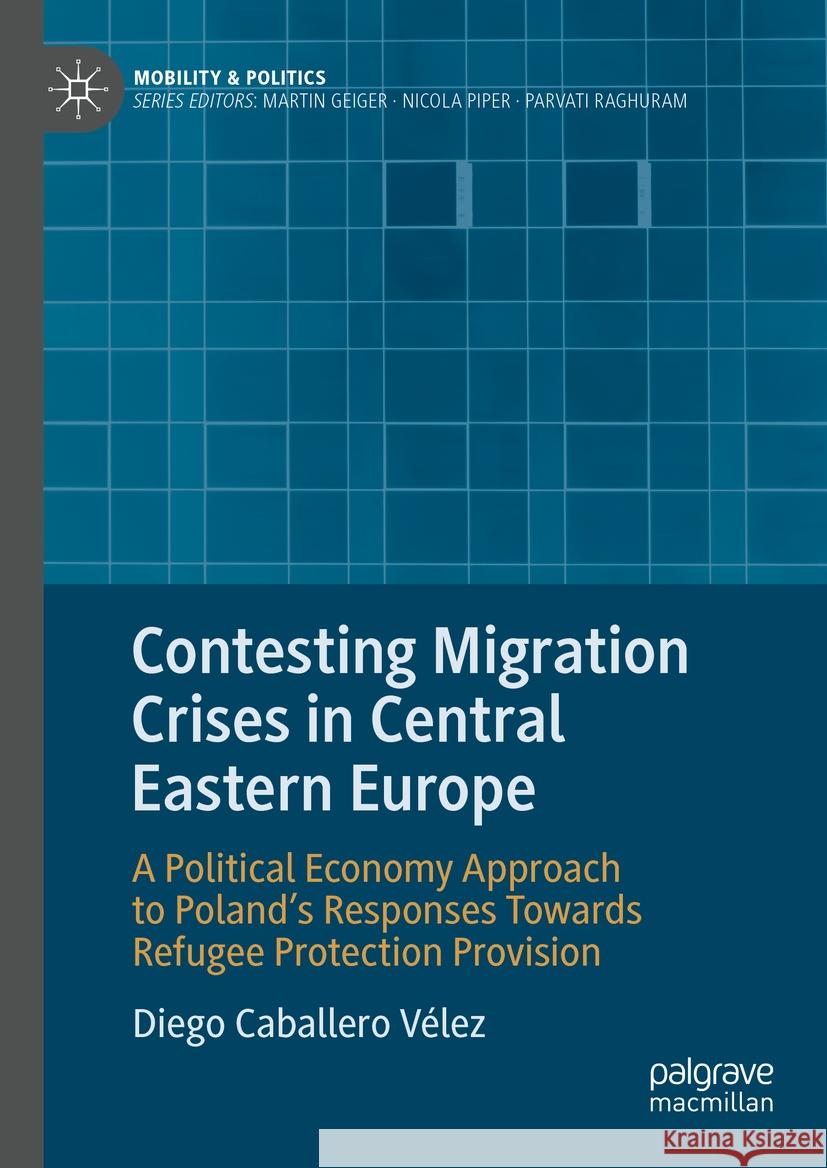Contesting Migration Crises in Central Eastern Europe: A Political Economy Approach to Poland's Responses Towards Refugee Protection Provision » książka
topmenu
Contesting Migration Crises in Central Eastern Europe: A Political Economy Approach to Poland's Responses Towards Refugee Protection Provision
ISBN-13: 9783031440366 / Angielski
Contesting Migration Crises in Central Eastern Europe: A Political Economy Approach to Poland's Responses Towards Refugee Protection Provision
ISBN-13: 9783031440366 / Angielski
cena 442,79
(netto: 421,70 VAT: 5%)
Najniższa cena z 30 dni: 424,07
(netto: 421,70 VAT: 5%)
Najniższa cena z 30 dni: 424,07
Termin realizacji zamówienia:
ok. 22 dni roboczych.
ok. 22 dni roboczych.
Darmowa dostawa!
Kategorie:
Kategorie BISAC:
Wydawca:
Palgrave MacMillan
Seria wydawnicza:
Język:
Angielski
ISBN-13:
9783031440366











